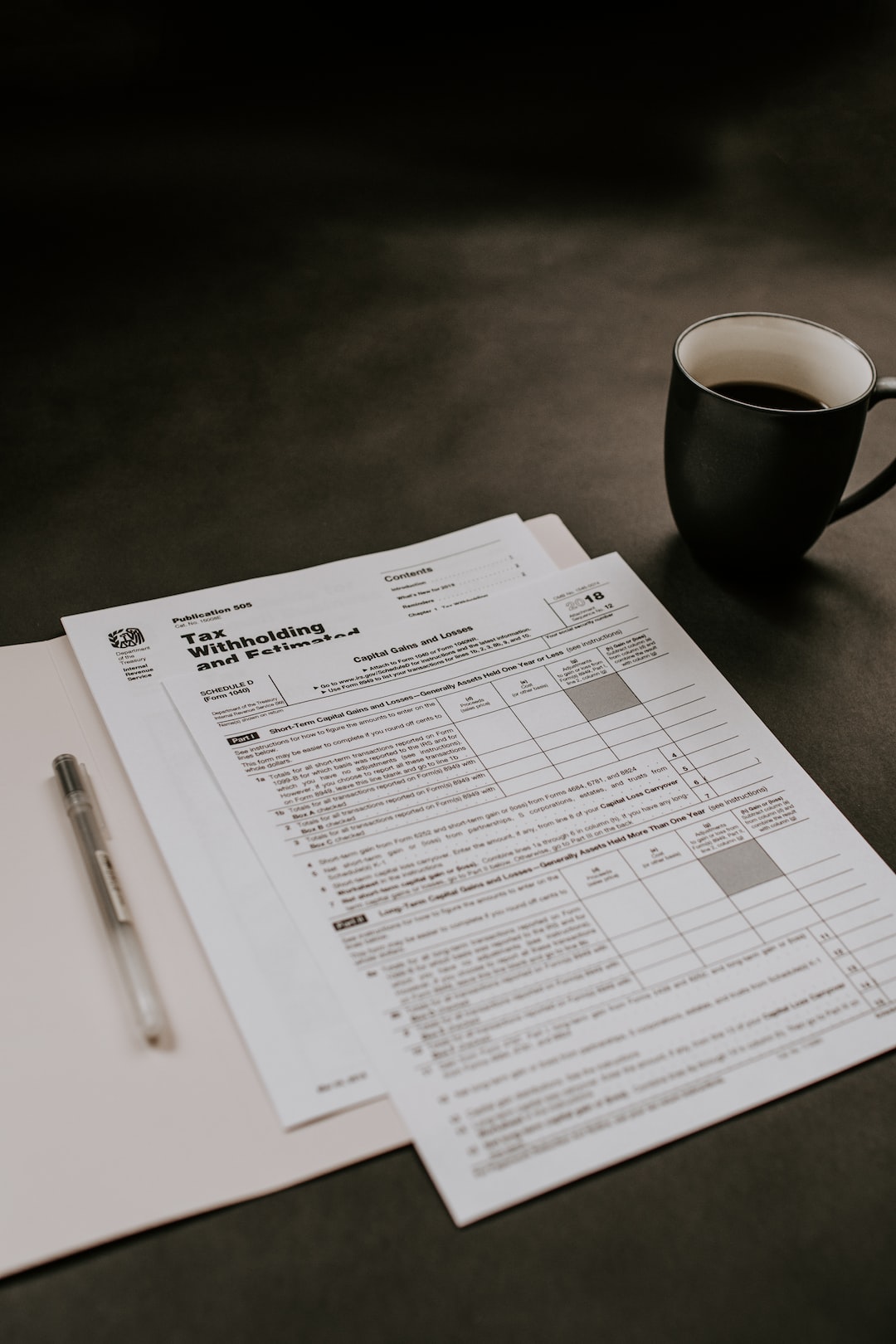Tax-Saving Tips for Small Business Owners: Maximizing Deductions
As a small business owner, you understand the importance of maximizing your deductions to minimize your tax liability. With the tax season approaching, it’s crucial to stay informed about the various deductions available to you. By taking advantage of these deductions, you can significantly reduce your tax burden and increase your overall savings. In this blog post, we will explore some tax-saving tips for small business owners to help you maximize your deductions.
1. Keep Accurate Records: The foundation of maximizing your deductions lies in maintaining accurate records. From receipts and invoices to bank statements and financial reports, keeping meticulous records will enable you to accurately claim all your business expenses and justify them during an audit. Utilize accounting software or hire a professional bookkeeper to ensure proper record-keeping practices.
2. Separate Personal and Business Expenses: It’s crucial to separate your personal and business expenses to avoid any confusion during tax time. Maintain separate bank accounts and credit cards for your business to easily keep track of deductible expenses. Mixing personal and business expenses can make it difficult to identify and claim legitimate deductions.
3. Home Office Deduction: If you operate your business from a dedicated space in your home, you may be eligible for a home office deduction. To qualify, the area must be used exclusively for business purposes. Measure the square footage of your office and apportion that percentage of your rent, mortgage interest, utilities, and other related expenses as deductible. Ensure you meet the IRS criteria to avoid any potential issues.
4. Mileage Deduction: If you use your personal vehicle for business purposes, you can deduct the mileage driven for business-related travel. Keep a detailed log of your business-related trips, including the date, purpose, and mileage incurred. You can choose between the standard mileage rate or actual expenses, so consider which option works best for your situation.
5. Travel and Entertainment Expenses: Business-related travel and entertainment expenses are deductible, but it’s essential to understand the IRS guidelines. Make sure your trips have a clear business purpose and keep detailed records of expenses such as airfare, lodging, meals, and entertainment. Keep all receipts and document the purpose of each expense to support your deductions.
6. Health Insurance Premiums: As a small business owner, you may be eligible to deduct your health insurance premiums. This deduction is especially valuable if you’re self-employed or own a sole proprietorship. Consult with a tax professional to ensure you meet the eligibility criteria and are claiming the appropriate deduction.
7. Retirement Contributions: Maximize your retirement savings while taking advantage of potential tax savings by contributing to a tax-advantaged retirement plan. Options may include a Simplified Employee Pension (SEP), Solo 401(k), or Individual Retirement Account (IRA). Explore the different plans available to find the best fit for your needs.
8. Section 179: Section 179 of the IRS tax code allows small businesses to immediately deduct the full purchase price of qualifying equipment and software, rather than depreciating it over time. This deduction can help you invest in necessary business assets while minimizing your taxable income. Check the IRS guidelines to ensure your purchases qualify for the Section 179 deduction.
9. Hire a Professional: Taxes can be complex, and it’s easy to miss deductions if you’re not well-versed in tax rules and regulations. Hiring a qualified professional can ensure you don’t overlook any potential deductions and help you navigate the intricacies of small business taxes. Look for a certified public accountant (CPA) or tax professional who specializes in small business taxation.
10. Stay Updated on Tax Laws: Tax laws change regularly, and it’s crucial to stay informed about any new provisions or changes that may affect your deductions. Subscribe to newsletters, attend webinars, and consult with a tax professional to stay updated on the latest small business tax developments.
By implementing these tax-saving tips, you can effectively maximize deductions and reduce your tax burden as a small business owner. Remember, proper record-keeping, awareness of available deductions, and seeking professional advice are key factors in optimizing your tax savings. Start strategizing today to ensure a more financially secure future for your small business.

